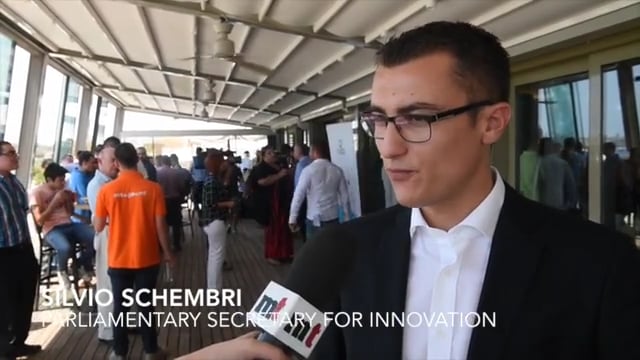[WATCH] Malta’s IT industry is growing, but is not yet attracting enough women
Fresh off a disparaging EU study on gender equality, a junior minister emphasises the government's concern over lack of female participation in the ICT industry


Parliamentary secretary for innovation Silvio Schembri has set out to encourage more women to join the STEM (science, technology, engineering and maths) and information technology industries, after data from the European Institute for Gender Equality (EIGE) showed that women’s employment rates in Malta continue to be at an all-time low.
Speaking at a Student Placement Scheme launch, the junior minister insisted that the lack of female participation was worrying, with statistics showing one women for every five men enterting the ICT industry.
In a joint effort to promote female participation, the government and the Malta IT Agency (MITA) have embarked on a promotional campaign, showcasing women applauding the family-friendly measures introduced by the Labour administration. “We’re showing stories of success,” Schembri said. “The stereotype that only men are succeeding in the ICT industry isn’t true, we need to continue repeating this to promote women’s involvement in the industry.”
“We need students to encourage their female friends to enter the industry,” MITA chairman Tony Sultana said.
Female participants did take note of the lack of female co-workers around them during the placements. “I didn’t feel like I was treated differently because of my gender,” argued one student. “Stigma around us inhibits women from entering the workforce.”
There might be some truth to this stereotype however, as a study by University of Malta’s Department of Gender Studies maintained that women who graduate in STEM are less likely to establish themselves in the field they have specialised in.
A 2015 Global Gender Gap report states that 28% of University of Malta students enrolled in STEM were female, a staggering 44% difference. This means that almost half of the students enrolled in STEM courses are male.






.jpg)













.jpeg)


